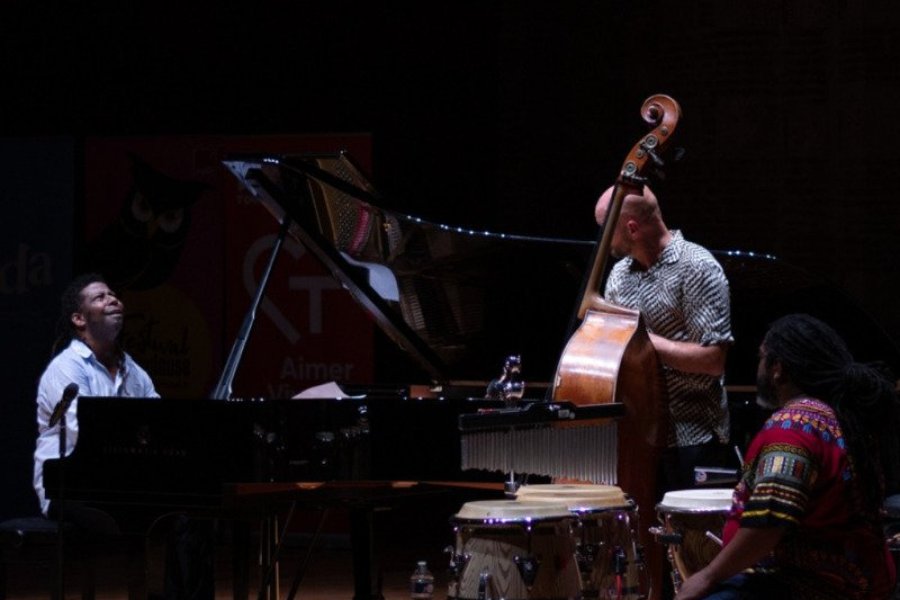Végétalys 2024
Proposed"> by pfute_17096288439898
On 04/21/2024 : Végétalys 2024 Plant Fair. Organized by the gardeners of Fonsorbes, horticulturists and nurserymen as well as numerous exhibitors will be ...
Proposed"> by pfute_17096288439898
On 04/21/2024 : Végétalys 2024 Plant Fair. Organized by the gardeners of Fonsorbes, horticulturists and nurserymen as well as numerous exhibitors will be ...

Recommended by Tanguy REVAULT
From 06/29/2024 to 07/13/2024 : The Toulouse Festival offers "tailor-made" creations at the crossroads of music, film and literature. This year, it pays tribute to Françoise ...